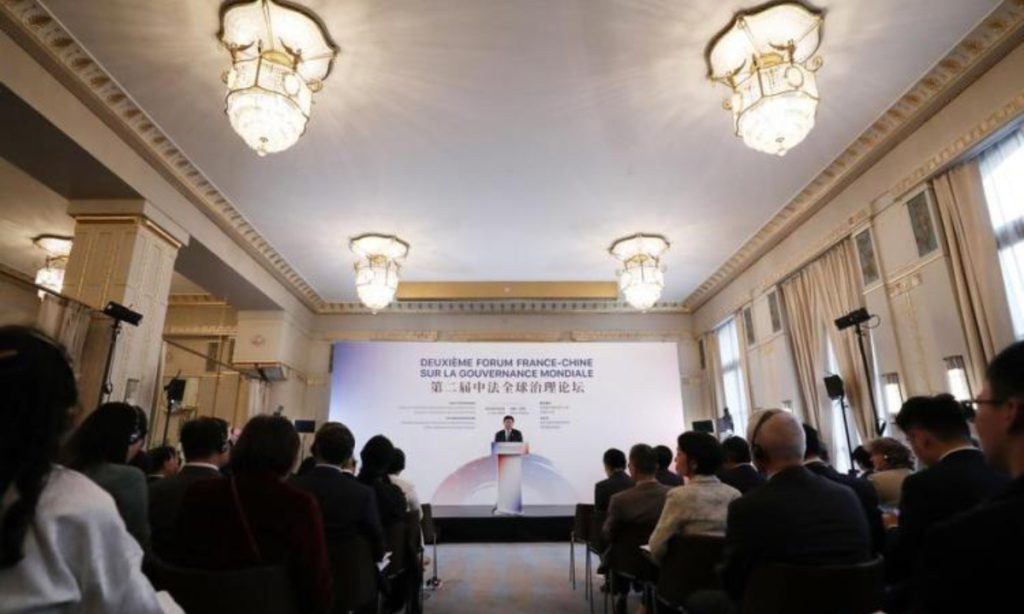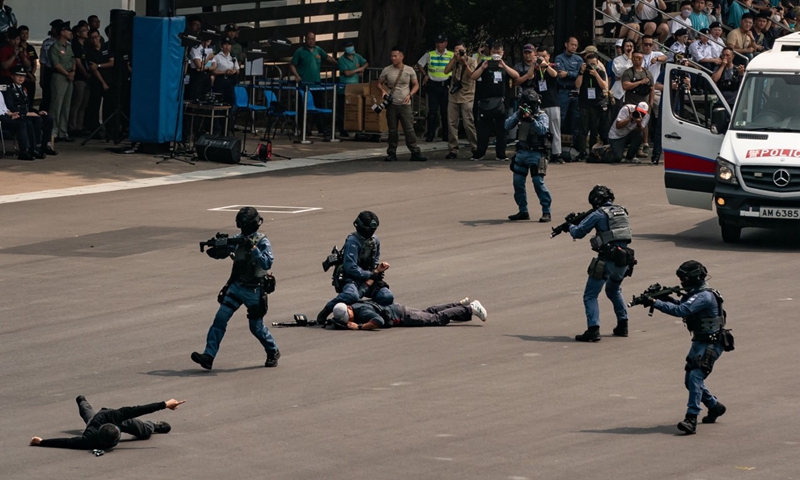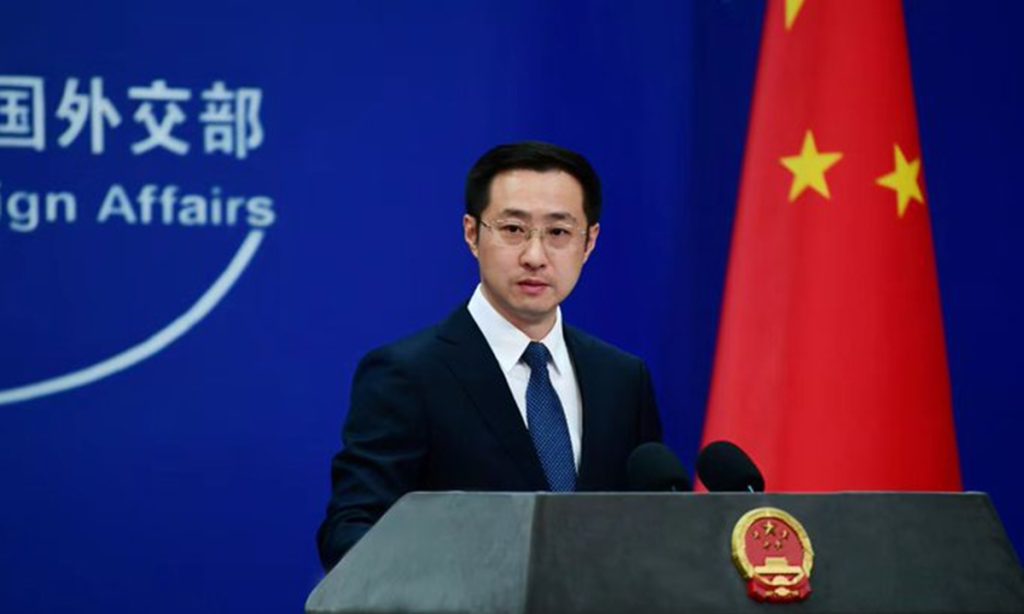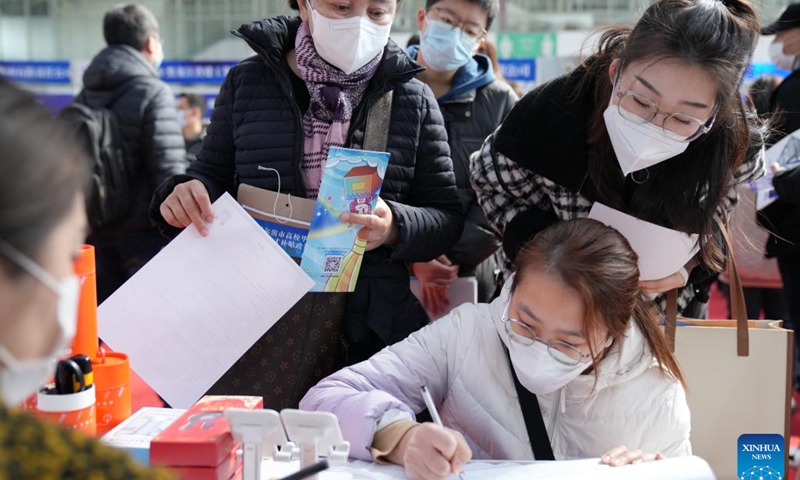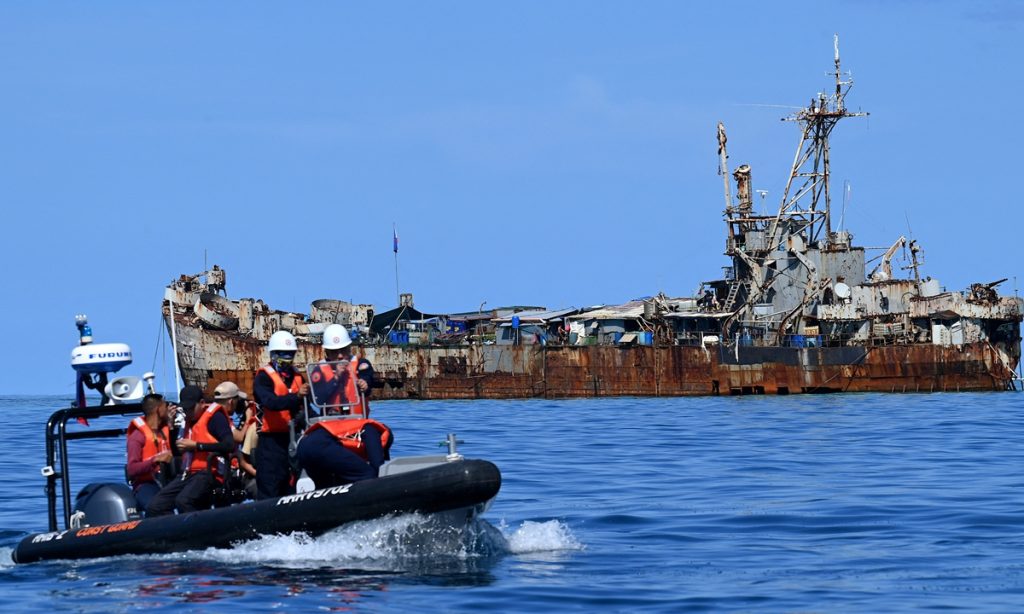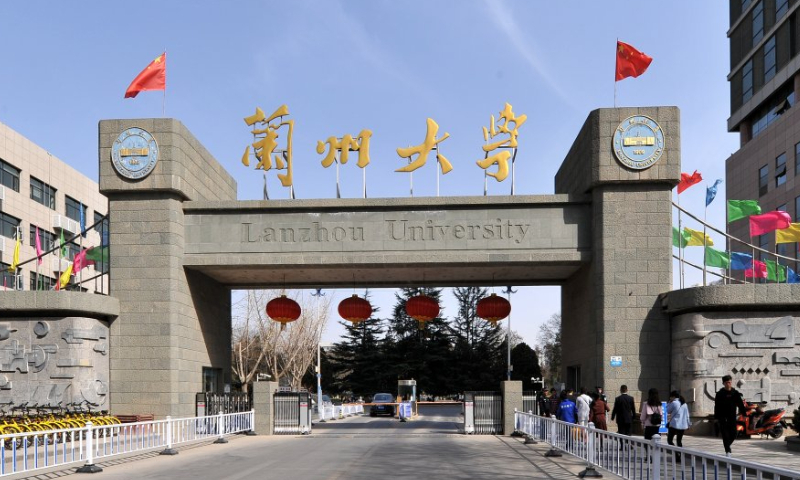May Day holidays see surge in tourism to lesser-known counties

The five-day May Day holidays, which concluded on Sunday, witnessed a bustling tourism market with a surge in visitor numbers at many tourist attractions nationwide, with a trend showing that many tourists explored smaller cities and towns alongside traditional popular tourism destinations.
China saw 295 million domestic tourist trips during the holidays, up 7.6 percent year-on-year and 28.2 percent from the same period in 2019, according to data from the Ministry of Culture and Tourism on Monday.
During the holidays, the most popular tourist destinations in China were cities famous for their convenient transportation, rich cultural and tourism resources such as Beijing, Shanghai, Hangzhou, and Chengdu, according to a report sent to the Global Times by online travel agency Trip.com.
However, there is a noticeable trend that smaller cities and county-level destinations have seen higher growth rates in tourism orders compared to first and second-tier cities, said the report.
For instance, smaller cities such as Yangzhou and Luoyang saw a year-on-year average rise of 11 percent in tourism orders during the holidays, while the county-level destinations, such as Anji, Yiwu and Pingtan, have experienced an average increase of 36 percent, according to the report.
Experts noted that the trend indicates the increasing diversity of tourism destinations nationwide, as well as the structural changes in the supply and demand of the tourism market.
Chinese tourists currently are "more focused on cost-effectiveness" when traveling to small cities or counties, as the accommodation and transportation costs are lower compared to larger cities, Wu Liyun, a professor of China Academy of Culture and Tourism of Beijing International Studies University, told the Global Times on Monday.
Meanwhile, there's a trend that more and more tourists prioritize "quality and unique experiences," "leading them to seek out lesser-known or niche destinations," rather than those popular tourist spots that are crowded, said Wu.
With the rural revitalization development across the country, smaller regions including county-level places have become important markets for tourism companies to develop scenic areas, theme parks or other scenic spots, to attract tourists to experience natural beauty with less cost and improved services, Wu noted.
The average price for hotels in county-level markets is only half of the average rate in popular first and second-tier cities, during the holidays. The county-level markets are also improving their services and accommodations as well. Since December 2023, at least 127 new 4A-level scenic spots have been added in 10 provincial-level regions, with 65 percent of them located in county-level markets, according to the Trip.com report.
A Shanghai local resident surnamed Huang told the Global Times on Monday that she went to Lishui district, a suburb area in Nanjing, East China's Jiangsu Province during the holidays and was quite satisfied with the trip. "I preferred the lesser-known place which also has attractive scenes. The transportation is also very convenient, and it's not expensive," Huang said.
Another resident surnamed Ma went to Xiapu county in East China's Fujian Province with her family during the holidays. "The county is less crowded and very comfortable, and we can explore the place slowly and have lasting memories with the family," Ma told the Global Times.
